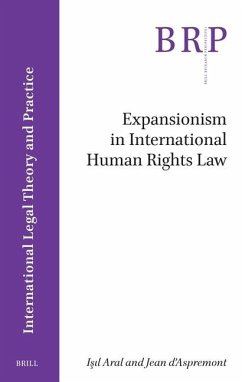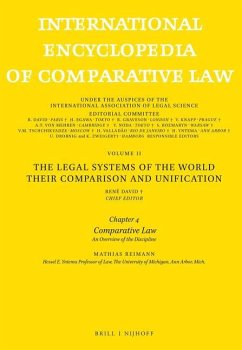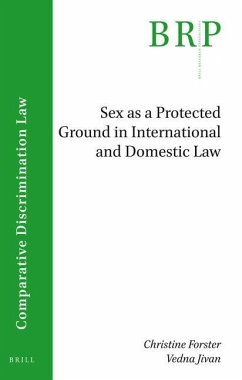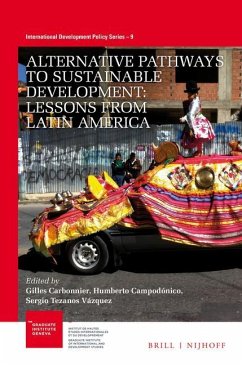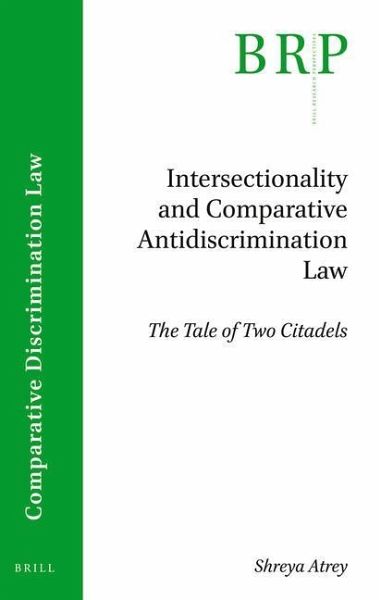
Intersectionality and Comparative Antidiscrimination Law
Versandkostenfrei!
Versandfertig in über 4 Wochen
85,99 €
inkl. MwSt.

PAYBACK Punkte
43 °P sammeln!
This volume in the Brill Research Perspectives in Comparative Discrimination Law addresses intersectionality from the lens of comparative antidiscrimination law. The term 'intersectionality' was coined by Kimberlé Williams Crenshaw in 1989. As a field, intersectionality has a longer history, of nearly two hundred years. Meanwhile, comparative antidiscrimination law as a field may be just over a few decades old. Thus, intersectionality's tryst with antidiscrimination law is a fairly recent one. Developed as a critique of antidiscrimination law, intersectionality has had a significant influence...
This volume in the Brill Research Perspectives in Comparative Discrimination Law addresses intersectionality from the lens of comparative antidiscrimination law. The term 'intersectionality' was coined by Kimberlé Williams Crenshaw in 1989. As a field, intersectionality has a longer history, of nearly two hundred years. Meanwhile, comparative antidiscrimination law as a field may be just over a few decades old. Thus, intersectionality's tryst with antidiscrimination law is a fairly recent one. Developed as a critique of antidiscrimination law, intersectionality has had a significant influence on it. Yet, intersectionality's logic does not seem to have infiltrated the logic of antidiscrimination law completely. Comparative antidiscrimination law continues to develop with intersectionality in sight, but rarely, in step. On the occasion of the 30th anniversary of Crenshaw's seminal article that coined the term in the context of antidiscrimination law, Shreya Atrey explores this irony. Her article provides a meta-narrative of the development of the two fields with the purpose of showing what appear to be orthogonal trajectories.



